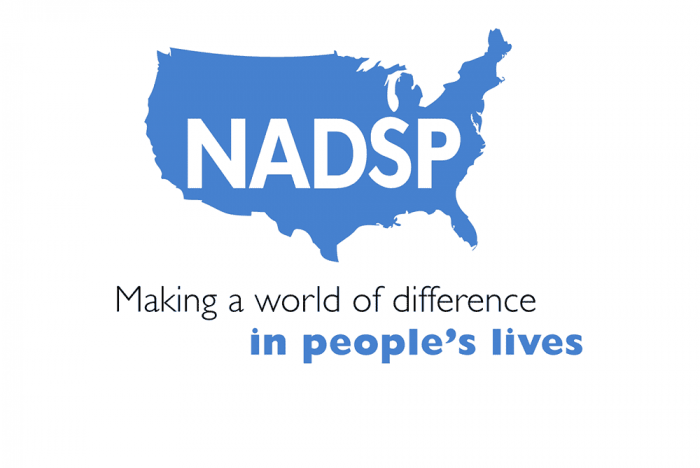If providers have not already started implementing EVV, providers are at risk of being out of compliance on January 1, 2024.
All claims and encounters for HHCS are subjected to EVV requirements for dates of service on or after January 1, 2024 and must have a corresponding EVV visit, or claims payment will be impacted. Manual editing compliance rates will also go into effect on January 1, 2024. Please reference the recently released bulletin “Electronic Visit Verification Requirements for Home Health Care Services in the Fee-for-Services Delivery and Managed Care Delivery Systems Bulleting, number 05-22-09, 07-22-03, 54-22-01, 59-22-01, 00-22-06.”
The Department of Human Services (DHS) will continue to monitor EVV data. If any systemic issues occur, DHS will communicate the issue and resolution via the Listserv and the website as soon as they can. Support volume is expected to increase now through the end of January 2024. Please be aware that response times may be longer than normal during this time.
As a reminder, available resources are on the DHS EVV website. There is also an FAQ page, which may answer a majority of your questions as well.
EVV ERROR STATUS CODES
Error Status Codes (ESC) are actively setting for all claims with services subject to EVV that are submitted through PROMISe for fee-for-service programs. EVV ESCs are currently setting in a pay and list status, so while claims continue to pay, the ESC still sets to educate the provider. Providers should be actively reviewing these ESCs to determine if their claims and EVV data are matching appropriately. The EVV Error Status Codes (ESC) published on the DHS EVV website outlines the conditions when claims would deny beginning with dates of service January 1, 2024, and after.
- ESC 936 sets when “Duplicate Matching EVV HHCS Visits Found.” When two exact EVV records exist in the aggregator, the claim validation call does not know which record to match with, so it will set either ESC 926 or ESC 936 and deny. To correct this issue for alternate EVV users, the EVV record should contain “BillVisit” set to “False.” This will tell the aggregator to set the duplicate record to “Omit” so it is not considered during EVV validation against the aggregator. In addition, alternate EVV users should ensure when sending records for omission that they submit the same “VisitOtherID” that was assigned to the original record they wish to omit/remove.
- ESC 937 sets when “HHCS Units Billed Exceed Units Verified in EVV.” Provider agencies should determine if the units on the claim detail line or the units found in the EVV record need to be corrected. PROMISe™ is not designed to cut back units on the claim for an EVV service if the allowed units on the claim are greater than the total units found in the Aggregator. Providers should make corrections as applicable and resubmit the claim, ensuring the units found in the EVV Aggregator are equal to or greater than the units submitted on the claim. While performing claims resolution analysis, providers are encouraged to review the rounding rules and/or the calculation rules, make corrections accordingly, and resubmit the claim.
- Note:“Allowed” units on a claim detail line are not always equal to the exact units submitted on the claim because other edits/audits are performed before the units on the claim are validated against the units found in the EVV Aggregator record. Example: Fiscal year unit limitations or weekly unit limitations may “cutback” units submitted on a claim which would make the units on the claim less than what was submitted on the actual claim.
- If ESC 938, “No Matching HHCS EVV Visit Found,” is setting, providers should complete the following steps to determine the cause of the error:
- If the EVV record that is found in the Aggregator contains a mismatch between one or more data elements on the claim, review the EVV record in the Aggregator and manually validate if the data elements found in the Aggregator record(s) contains the appropriate values as specified in the Alternate EVV technical specifications found on the DHS EVV website. A frequently seen error is when the EVV record contains a 9-digit MA ID # instead of the 10-digit Recipient ID number (RID) that is contained on the claim. If you experience this issue, update your client/participant number from 9 to 10-digits in your source system that feeds the alternate EVV system records that are sent to the aggregator.
- For 2:1 services specifically, the system is unable to determine which care worker visit to use when calculating units if the aggregator contains overlapping time for 3 or more care workers. This scenario will typically occur during shift changes. To resolve this issue, the provider should manually adjust the third care worker’s EVV visit to a time that does not overlap with the care worker’s time whose shift is ending. Due to this system limitation, a manual edit for this scenario is acceptable by DHS.
Providers experiencing issues should reach out to the appropriate contacts, which are included below, based on the issues they are experiencing.
For technical issues, such as DHS Sandata account assistance, Welcome Kit reissuance, account unlock issues either for DHS Aggregator or DHS Sandata EVV, and/or issues with the DHS Aggregator accepting file submissions, please contact: Provider Assistance Center (PAC) or 800-248-2152.
For issues related to HHAeXchange and CHC billing, please contact HHAeXchange and/or the appropriate CHC-MCO.
For general EVV program issues or requests to be added to the EVV Listserv, please contact the EVV Resource Account.
For billing issues, such as why EVV ESCs are setting, what the EVV ESCs mean, and questions about what is in the Aggregator, please contact the following program office claims:
| ODP Claims Resolution Section |
1-866-386-8880,
Email
Hours of operation: Monday – Friday, 8:30 am –12:00 pm and 1:00 pm – 3:30 pm |
| OLTL Provider Call Center |
1-800-932-0939
Hours of operation: Monday – Thursday, 9:00 am – 12:00 pm and 1:00 pm – 4:00 pm |
| OMAP Provider Inquiry Line |
1-800-537-8862, choose option 2, then
option 6, then option 1
Hours of operation: Monday-Friday, 8:00 – 12:00 pm and 12:30 pm – 4:30 pm |

















